-
About
ExploreUp a level (this gets replaced in JS)
-
Strategic Plan
Explore
-
College Overview
Explore
- Dean's Lecture Series
- Environmental Health Sciences
-
Diversity, Equity and Inclusion
Explore
-
Get Involved
Explore
-
People
Explore
-
Achievements
Explore
- Administrative Offices
- Discover HHD
- College News and Events
- Commencement
- Contact Us
-
Strategic Plan
-
Undergraduate
ExploreUp a level (this gets replaced in JS)
-
Getting Started
Explore
-
Student Support
Explore
-
Get Involved
Explore
-
Gain Experience
Explore
-
Careers
Explore
-
Get Connected
Explore
-
Policies and Procedures
Explore
- Summer Session
- Discover HHD
- Visit and Apply
- New Student Orientation Program (NSO)
- Undergraduate News
- Commencement
- Contact Us
-
Getting Started
-
Graduate
ExploreUp a level (this gets replaced in JS)
-
Getting Started
Explore
-
Student Support
Explore
-
Student Profiles
Explore
-
Get Involved
Explore
-
Get Connected
Explore
-
Gain Experience
Explore
- Environmental Health Sciences
-
Diversity, Equity and Inclusion
Explore
-
Commencement
Explore
- Discover HHD
- Admissions
- Contact
-
Getting Started
-
Online & Outreach
ExploreUp a level (this gets replaced in JS)
-
Online Degrees and Programs
Explore
-
Outreach Programs
Explore
-
Short-term Courses
Explore
-
Teaching Support
Explore
- Contact Us
-
Online Degrees and Programs
-
Research
ExploreUp a level (this gets replaced in JS)
-
Researcher Resources
Explore
-
Research Units
Explore
-
Ongoing Research
Explore
-
Diversity, Equity and Inclusion
Explore
- Environmental Health Sciences
-
Get Involved
Explore
-
Stay Connected
Explore
- Discover HHD Research
- Research News and Events
- Contacts
-
Researcher Resources
-
Alumni
ExploreUp a level (this gets replaced in JS)
-
Become a Member
Explore
-
Resources for Alumni
Explore
-
Building Diversity and Inclusion
Explore
-
Get Involved
Explore
- Meet Our Volunteer Leaders
-
Stay Connected
Explore
-
Alumni Achievements
Explore
-
Parents and Family
Explore
- Donate
- Attend an Alumni Event
- Give to HHD
- Update Your Contact Information
- Contact Us
-
Become a Member
-
Contact
Explore
-
Departments
Explore
-
Research Centers
Explore
-
Central Administration
Explore
-
Training and Support
Explore
- Contacts/Directory
Photography Tips

Here are a few tips that can help you take better pictures if you are using a high-tech digital camera or your smartphone.
Light
Let the light in the environment (whether natural sunlight or lighting in a room) light your subject. Try to get as much as possible without overexposing your subject.

Avoid a flash if possible. However, use a flash if necessary. It is better to have a properly lit picture with a flash than an underexposed picture.
The Whole Picture
Try to capture the whole scene when taking pictures to give your picture some context. Have your subject clearly in focus, but try to add some background.
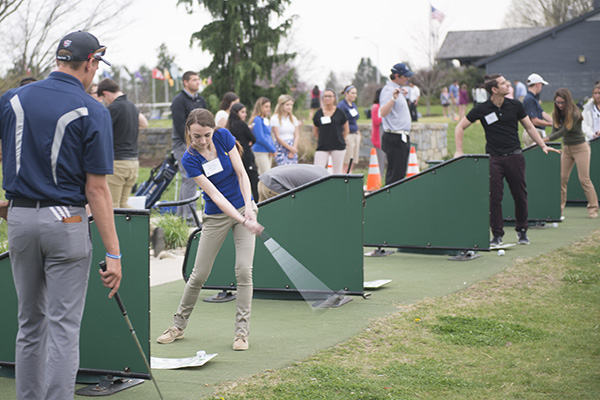
Try Different Angles
It is amazing what a difference changing angles can make.
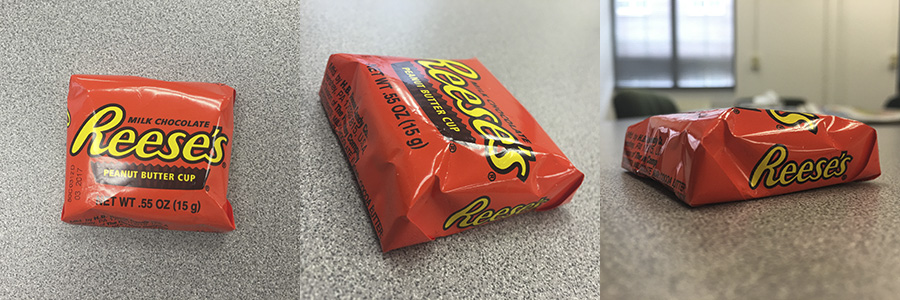
Avoid Wide Shots and Backs of Heads
Try not to take these shots. They do not tell a story.
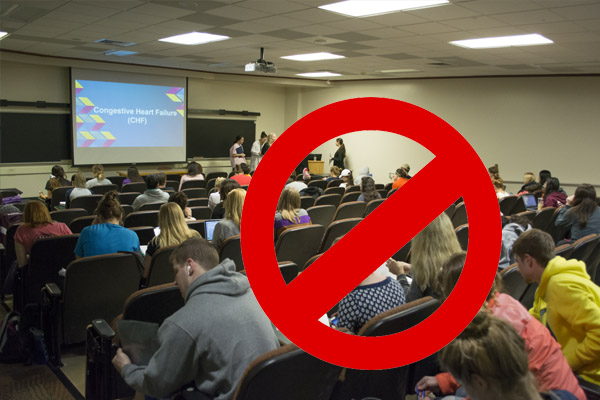
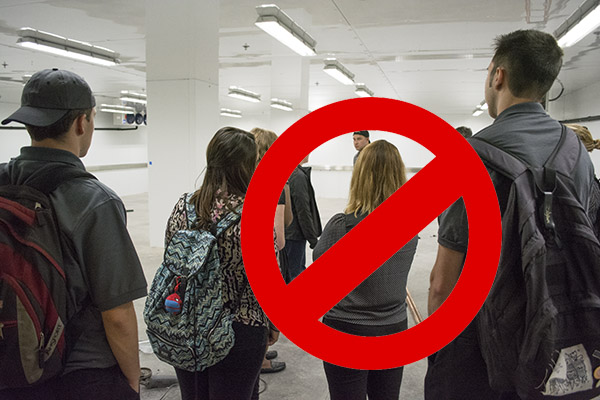
Get Close
Smartphone cameras, in particular, function better if you get close to your subject. Zoom usually hurts the quality of the image. It is better to shoot without zoom and then crop.
Focus on Your Subject
For most smartphones, touching the screen where your subject appears will focus on your subject.
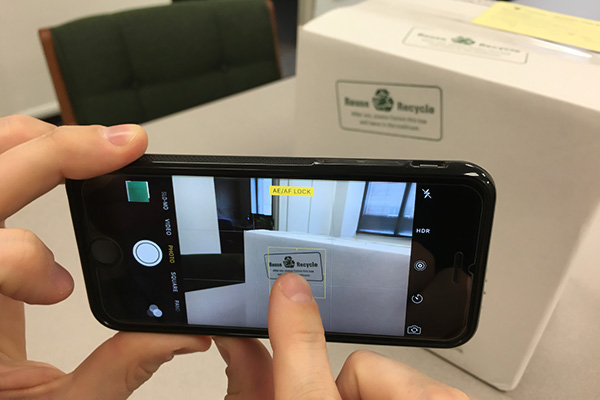
Group Pictures
Don’t line everyone up. Try to get people looking at you while they are in a natural position/situation. Just ask people to look and smile. While group photos do document who is involved to document the experience, make sure to also take engaged or candid photos. The candid or engaging photos that work best on our website and social media.
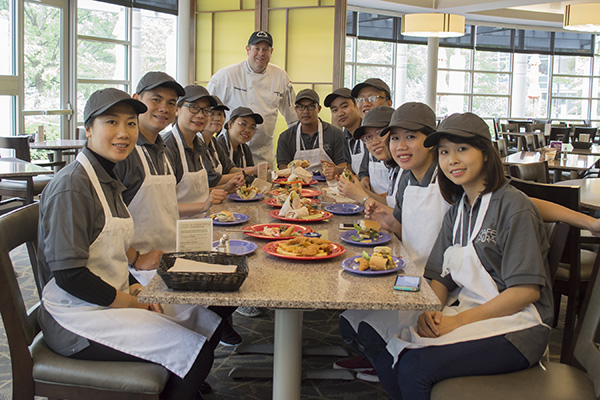
Rule of Thirds
The most compelling parts of a photo are found along the third lines, and the peak points of interest are where those lines intersect.
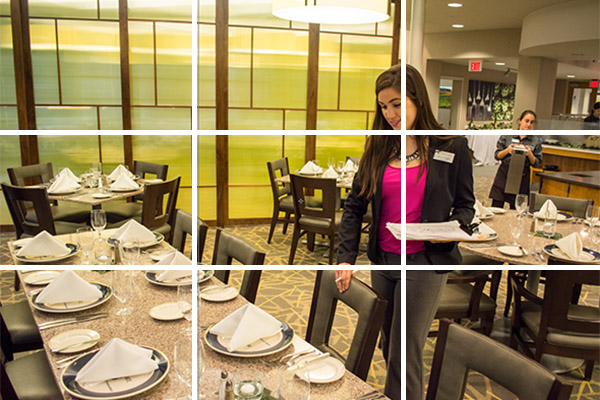
Candid Photos
Capture people while they are doing things without eye contact. These are the best types of photos to take for our website and social media.





University Photo Guidelines
Penn State's photo guidelines can also offer support for better photos.
Style of Photography
Photojournalistic, candid moments of action, not camera-aware
A great photo evokes an emotional response from its audience. We aim toward capturing candid moments to show our ‘inspired doers’ in action. The photography should be able to tell a story on its own as well as support and strengthen the message it delivers. Subjects should not be looking at the camera.
Thinking with Photography in Mind
As you prepare for your trip or activity, think about your agenda with an eye toward active photos. What will you be doing that evokes the trip’s lessons learned? What will you be doing in settings that evoke a sense of place? Putting those two things together is the key to a great photo. Always try to keep diversity and equal representation in mind.
Composition and style tips
- Natural lighting is best—try to shoot for photos outside or in bright, airy rooms
- If you don’t have a camera, iPhone photos can work—make sure to turn it horizontally to get a wide shot.
- Ideally, your subject will have someone or something to interact with. Your subject should be actively doing something and not looking at or posing for the camera.
- Photos should represent the unique educational aspects of your trip. For example, if you’re traveling to Panama to work with sea turtles, make sure that’s represented; or if you’re in Italy studying luxury retailers, capture a student working with or examining a product.
- Particularly with international trips, the best photos will also evoke a sense of place. Try to set your photos in a location that exhibits the unique landscape of your destination.
- Experiment with different angles and perspectives, taking photos from both high and low vantage points.
- Pay close attention to the foreground and background of your image. Make sure there isn’t anything distracting that would take away from the strength of the image.
- Use objects in the environment to frame the subject and make an interesting composition.
- Keep in mind that we want to represent excellence, innovation, passion, collaboration and inspired doing.
- Be patient and keep shooting! The more we have to choose from, the better.
Do you have a news item or a photo of a College of Health and Human Development affiliated event? Let us know and it could appear on one of our social accounts.
Submit a PostLet us know what is happening in your department or office.
Submit a News Tip